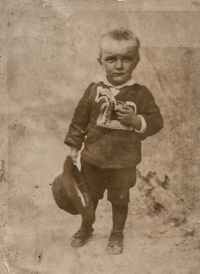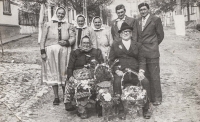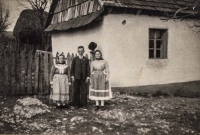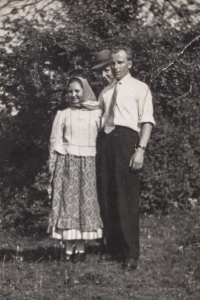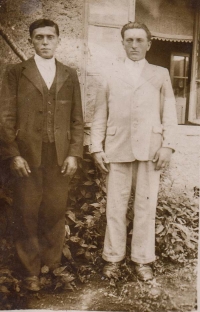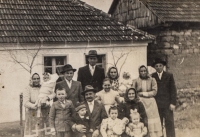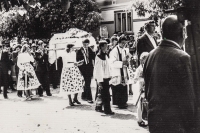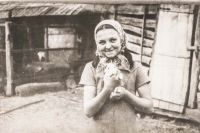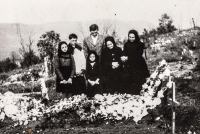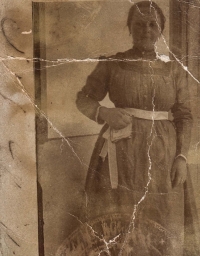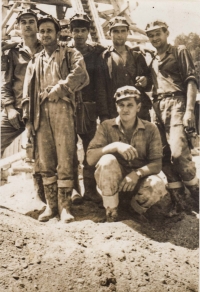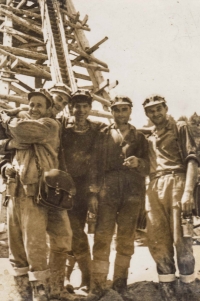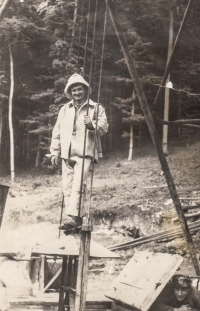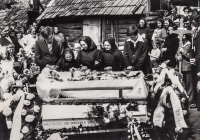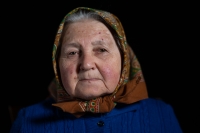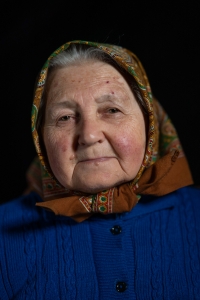The Lord God took the big daughter, gave a little one

Stáhnout obrázek
Mariana Klepáčková was born on 29 September 1942 in the Romanian village of Svatá Helena (Sfânta Elena). Her great grandfather came from Bohemia to the region of Banat in the early 1820s. Her father Václav Klepáček fought in the First World War and spent over a year in captivity in the Tsardom of Russia. From her childhood she had helped her parents in the fields and listened to her father’s stories. She completed a four year education at the local school and since then worked her whole life in the fields. She married at seventeen and brought up a total of five offspring. Since the 60s, her husband worked in the nearby ore mines and died of health problems at an age of 57. In May of 1979, during spring fieldwork, the witness’ eleven-year-old daughter was struck by lightning and died. After the mines closed, her son left for Bohemia where he worked for two years. At the time of recording, Mariana Klepáčová was living in Svatá Helena (October 2021).
